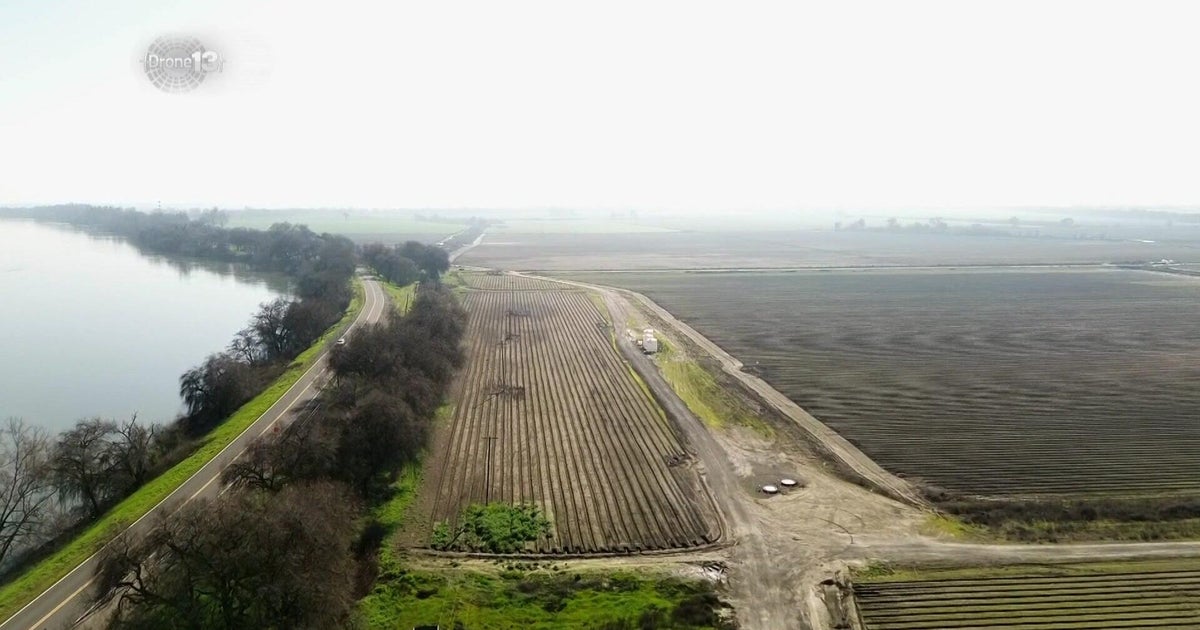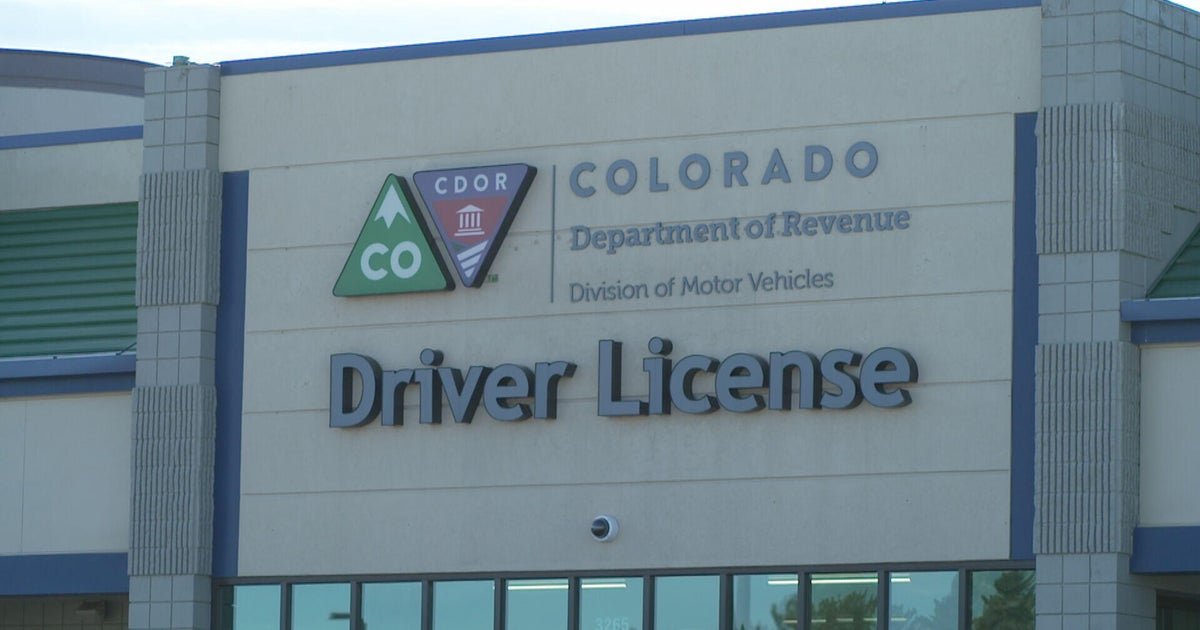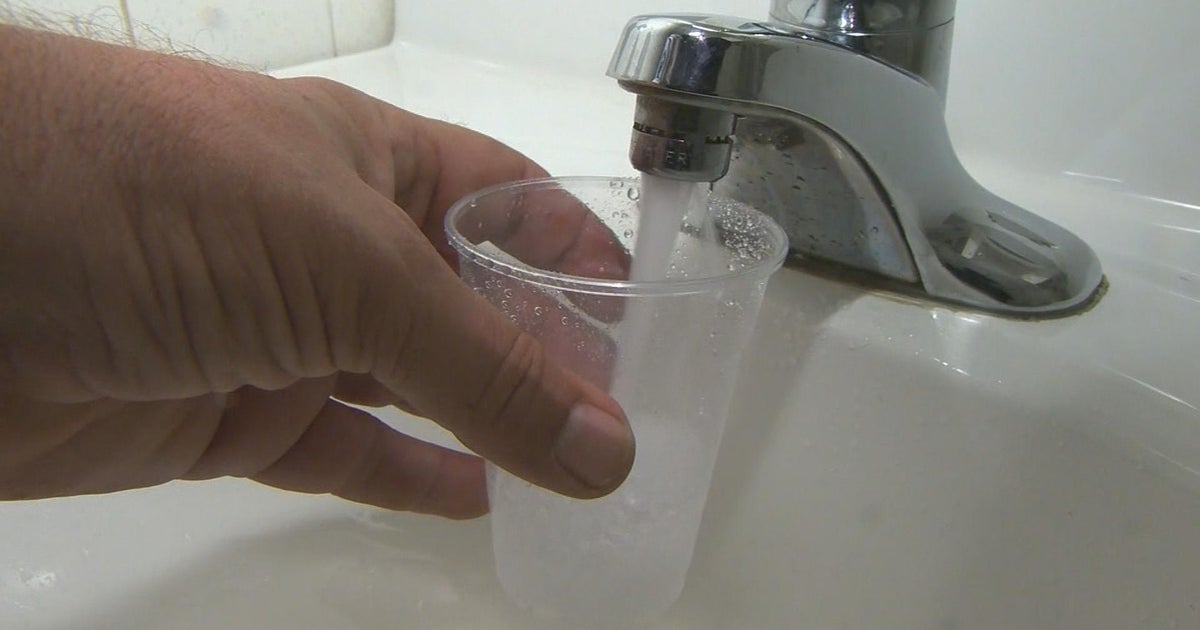Marin County closer to banning certain e-bikes for youth under 16
The Marin County Board of Supervisors is one step closer to banning youth under the age of 16 years old from riding certain electric bikes after approving the first reading of an ordinance Tuesday.
Public safety concerns over children riding class 2 e-bikes with throttles has prompted Marin County to consider implementing tighter regulations.
E-bikes, which use electronic motors to power acceleration, have surged in popularity in recent years nationwide. In 2022, e-bikes sold in the U.S. spiked to 1.1 million units, nearly four times as many as were sold in 2019, according to the U.S. Department of Energy.
California has adopted policies that regulate e-bike operation. Children 16 and under are allowed to ride class 1 and 2 e-bikes, which cease providing electronic motor acceleration once the bike reaches 20 mph.
Class 3 e-bikes, which stop assisting riders with electronic motor acceleration at 28 mph, are restricted to users over the age of 18.
Class 1 and class 3 e-bikes use pedal-assist only, while class 2 e-bikes have throttles that allow acceleration even when the rider is not pedaling.
Marin County's rolling hills make e-bikes an appealing alternative for riders because their electronic motors require less physical exertion for riders. Moreover, riders are not required to have a driver's license, thus appealing to those under the age of 16.
In 2023, the county began tracking data of 911 calls related to e-bike usage.
During the presentation to the Board of Supervisors on Tuesday, a graph was shown demonstrating that adolescent e-bike riders had significantly greater rates of accidents resulting in 911 calls compared to older age groups.
"What we saw was 10- to 15-year-olds in Marin County had an accident rate that was about five times higher than any other age group, but for conventional bikes was about one and a half times higher," said Marin County director of legislative and intergovernmental affairs Talia Smith at Tuesday's meeting.
A Marin County civil grand jury report in 2024 revealed that the throttles of class 2 e-bikes can be altered by riders to allow them to surpass the bike's 20 mph speed limit.
"Some young people are able to modify the bike after market and increase the legal throttle speed from 20 mph to up to 50 mph," Smith said.
The county began taking a closer look at the risks of children riding class 2 e-bikes after San Rafael resident Amelia Stafford suffered serious injuries during a crash on a class 2 e-bike that landed her in an intensive care unit for two months.
Now 16 years old, Stafford has used her experience to advocate for greater regulations on class 2 e-bikes.
"In 2023, I survived a serious e-bike crash that changed my life," Stafford said in a written statement read by her mother during public comment at Tuesday's meeting. "Since then, I've been committed to speaking out so that no one else has to go through what I did. Children are at serious risk when riding throttle-powered e-bikes."
Stafford's accident prompted board president Mary Sackett to work with Assemblymember Dan Connolly, D-San Rafael, to develop legislation at the state level that authorizes Marin County and its municipalities to adopt laws that restrict class 2 e-bike use for those under the age of 16.
Gov. Gavin Newsom signed Assembly Bill 1778 into law last year, giving the county the go-ahead to implement its own class 2 e-bike restrictions as a pilot program.
All four supervisors, except for board vice president Eric Lucan who was absent, approved the ordinance on first reading.
"I'm going to be supporting what is a very common-sense initiative," said Supervisor Stephanie Moulton-Peters. "There are children out there who don't know what they're doing."
If passed, the law would only apply to unincorporated areas in the county. Incorporated towns and cities have jurisdiction over whether they want to adopt the ordinance into their own city charters.
The board will consider officially adopting the ordinance on May 20. If passed, the law could go into effect July 1.
Meanwhile, the county is going to conduct outreach and advocate that cities enact the same law.
"We are coming to your board early to present this and discuss so that Marin County cities and towns can also use our materials as a model as they consider this ordinance on their own city councils," said Smith, the county official. "We see this ordinance as being most effective when it is uniform across the county."







